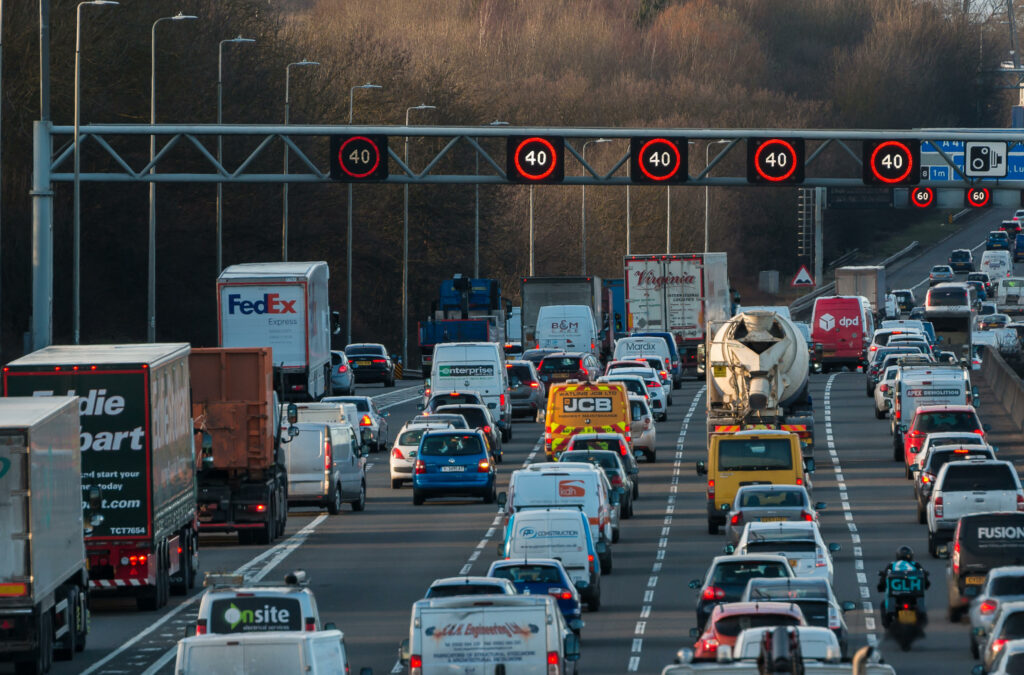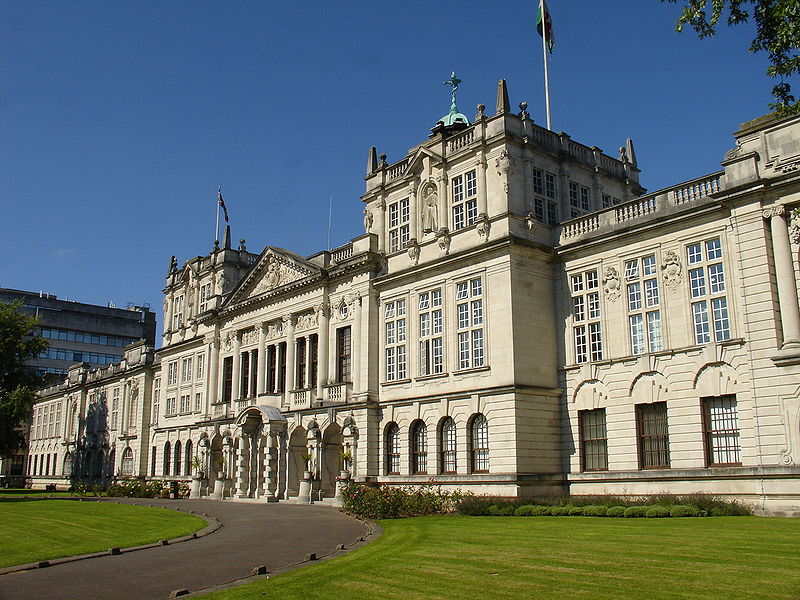Paula Renzel argues that we have to change the way we travel and provide better and cheaper alternatives to using the car as this is essential for the wellbeing of both people and the planet.
Many parts of Wales have limited public transport or active travel options. Where options are available, their quality is often poor or expensive. This has left many people dependent on a car, and for those who don’t have a choice but to rely on public transport, poor or inadequate services can often lead to isolation.
Running a car is expensive – 40-50% of households across the nation spend more than 10% of their income on it. The recent rise in fuel prices has left many people unable to get to work or attend social activities, affecting young people the most. Yet their alternatives are limited.
Public transport, which should be a viable choice for many, has been in decline for decades whilst their fares have risen above inflation. Between 2019 and 2020 alone, bus fares increased by 3.5%. During the same period, Wales suffered a loss of 690 bus stops (about 3%), making it even harder to catch a bus. From March this year, rail fares in England are expected to rise by up to 5.9%, affecting many services that run through Wales. Welsh fares are also expected to rise, although Transport for Wales has yet to agree what the rise might be.
The bus network has been letting its users down for far too long. This is made worse by the fact that 80% of bus users do not own a car and are almost totally reliant on buses to get to work, see friends and lead fulfilling lives.
The current network has left many feeling like second class citizens, unable to get out and about, lacking independence, and sometimes leaving them almost completely isolated.
Building roads drives inequality by binding people into car-based lifestyles. It diverts scarce resources that could otherwise go towards improving sustainable transport networks and give people real choice in how they get around. Active travel and public transport also deliver on many more public priorities such as improving public health, reducing pollution, and tackling climate change. This means that investing in them often represents far better value for money.
While the current situation is having negative impacts on individuals and local communities, it is also bad for the environment and indeed our very future. Transport is the third highest emitting sector in Wales, accounting for 17% of total emissions, 55% of which are from private cars.
The only way to avoid the worst of a climate and social catastrophe is by urgently changing the way people live, work and travel. What we need is a reform of the Welsh transport system, proper investment into sustainable alternatives, and moving away from ever growing motorways and roads.
Luckily, there has been an appetite for change over recent years. The Welsh Government have committed to reaching net zero by 2050 and recognise the need to change travel in a fair and equitable way. As part of this, they have published a new transport strategy pledging for major reductions in transport emissions over the next 20 years, including a target of 45% of journeys to be made by either public transport, walking, or cycling by 2040.
Discussions and debates that drive Wales forward.
Join Wales’ leading independent think tank.
In Summer 2021 Lee Waters, Deputy Minister for Climate Change and lead for transport in the Welsh Government, set up an independent review panel to look at all major road building projects not under construction. They are being assessed as to whether they match the government’s climate change objectives and commitments to net zero. This is groundbreaking, as it paves the way for a radical change to transport investment, away from the default of building ever bigger roads.
We are now awaiting the imminent publication of the panel’s report and the Welsh Government’s decisions as to which schemes will go ahead and which will be cancelled. The response to these decisions will no doubt challenge the commitment of the Welsh Government, but we cannot afford to continue the cycle of wasting money on new roads, increasing traffic and congestion, and driving inequalities and climate change.
This is the time for the Welsh Government to put their money where their mouth is, showing their full commitment to creating an fair, accessible, and efficient sustainable transport system.
All articles published on the welsh agenda are subject to IWA’s disclaimer





